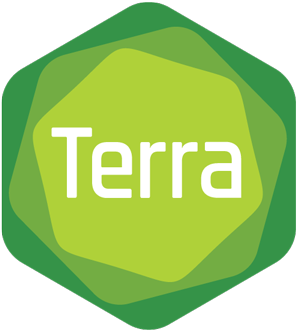DNAstack has announced the launch of Viral AI, a global network designed to provide federated access to viral genomic data and relevant analysis capabilities. Intended most immediately to support local and global responses to the SARS-CoV-2 pandemic, the project includes plans for a wider scope in the long term, aiming to “deliver equitable access to software infrastructure for genomic variant surveillance, accelerate international data sharing, and empower scientists and public health officials with globally representative datasets they need to mitigate current and future infectious disease outbreaks.”
Terra will play an important role within the Viral AI ecosystem by providing a user-friendly environment for researchers and public health teams to access and analyze data available from participating repositories.
Interoperability standards for the win
It’s worth noting that this effort is powered by the tireless behind-the-scenes work of the Global Alliance for Genomics and Health (GA4GH), an international organization composed largely of contributors from member institutions in healthcare, research, patient advocacy, and information technology, seeking to enable responsible genomic data sharing within a human rights framework.
One of the key outputs of the GA4GH is a set of technical standards that specifies how certain types of informatics platforms should connect to each other to exchange information about datasets, analysis tools, researcher identities, and access permissions. By implementing those standards in Terra, for example, we ensure that Terra can connect to other participating platforms programmatically, so that you can easily analyze data hosted in external repositories from within Terra without copying any data around. As more platforms implement these standards, the ecosystem of datasets and tools that you can access and combine in this way grows ever larger.
That is why we’re excited by this project, not only because it’s an important step forward for coordinating biosurveillance efforts, but also because it’s a great example of what can be achieved when we cooperate across institutional and national boundaries to develop effective interoperability standards: the formation of an ecosystem in which different platforms can be connected to enable rich analysis of datasets coming from a variety of sources, by a wide range of researchers across the world. (Sound familiar?)
If this piques your interest (and it should!), check out the recent special issue of Cell Genomics dedicated to GA4GH, which goes into more detail on both the goals of the organization and the recent progress that it has made on multiple fronts including researcher “passports” to manage access permissions, data use ontology and oversight, and genomic variant representation.
As pertains to Viral AI, we look forward to working with DNAstack to create Terra workspaces demonstrating how viral genomics researchers can take advantage of the announced capabilities, so watch this space — and subscribe to the Terra newsletter if you haven’t done so yet!








